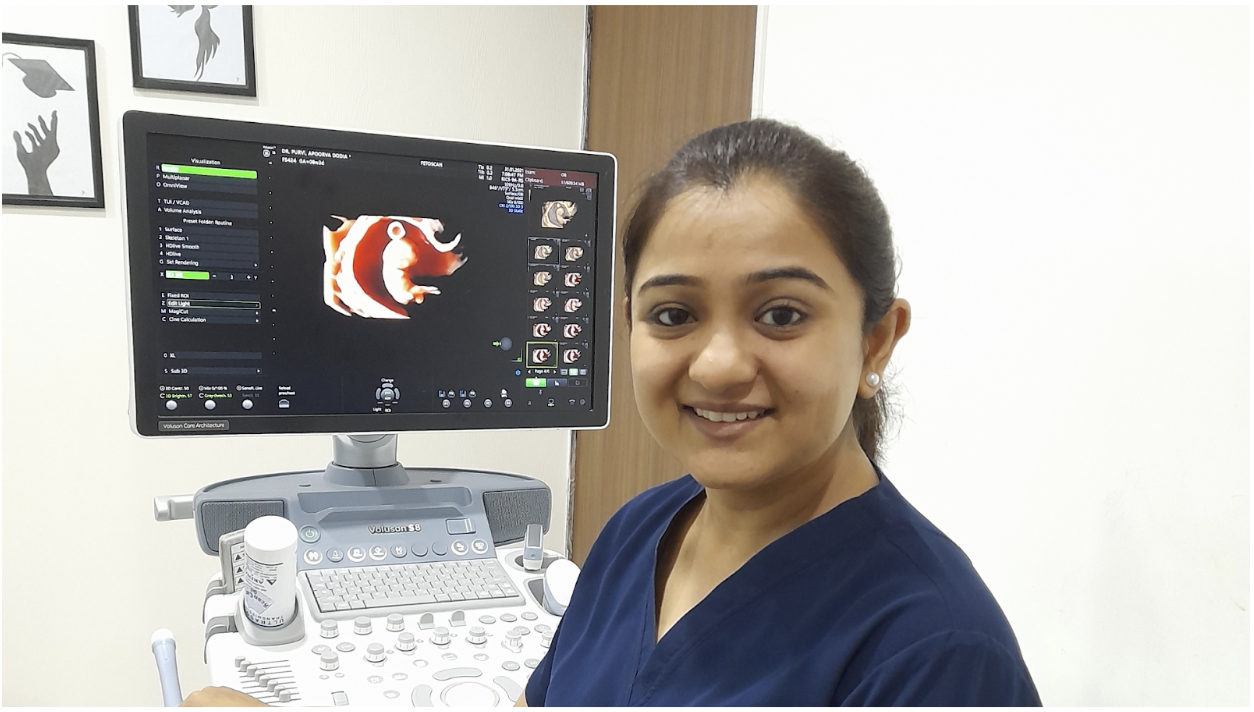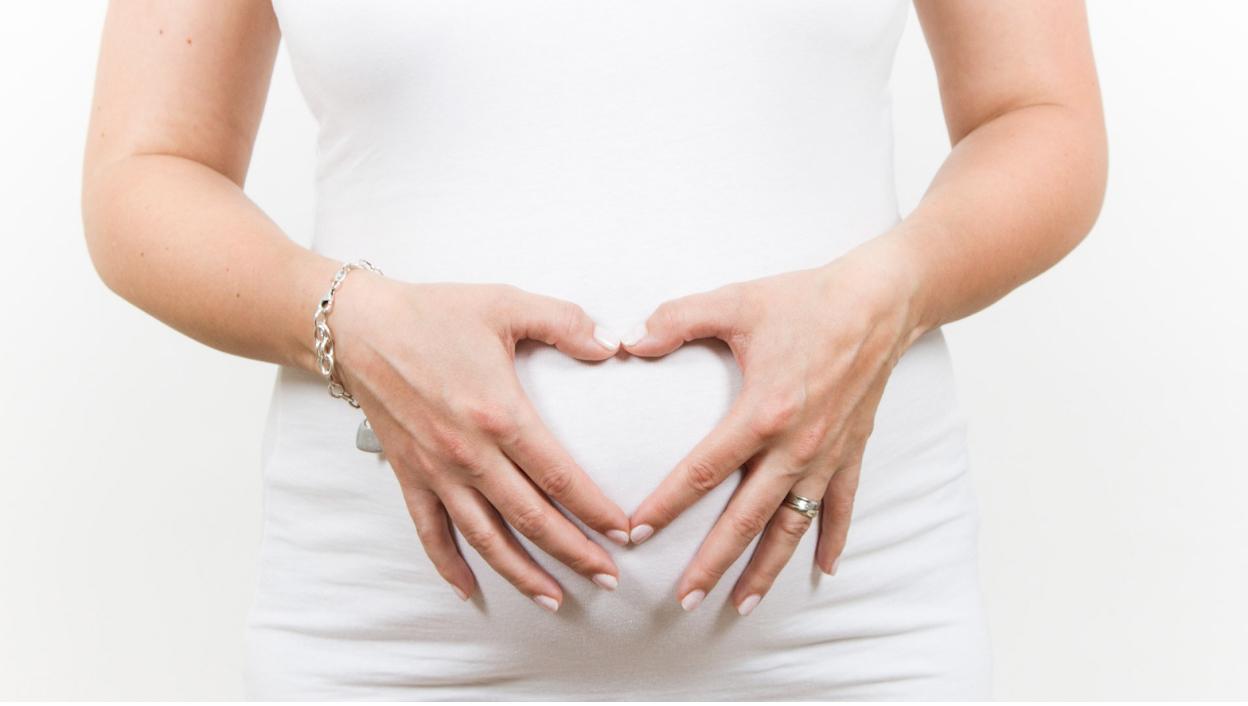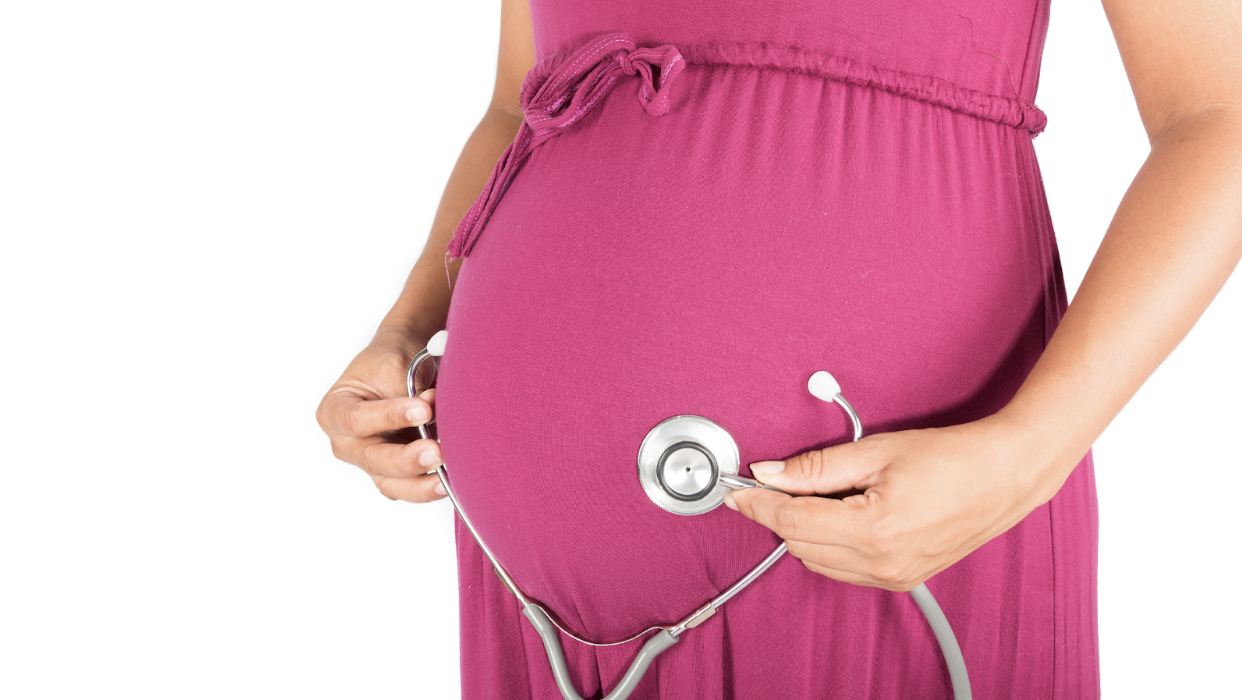Here are some tips for having a healthy pregnancy, including taking folic acid, being active, and eating right.
Don’ts-
Activities that increase the chance of falling when pregnant
Any form of exercise or sport in which there is a chance of falling, like skiing, rock climbing, or riding a horse, can be dangerous. This happens because your centre of mass may change as your bump grows, making it more difficult for you to maintain balance.
Pregnancy and high-altitude exercise
Workout at high altitudes (above 2,500 metres) is not advised unless you are accustomed to it because it depletes the supply of oxygen to you and your unborn child.
Before engaging in any workout after travelling more than 2,500 metres, you must give your body at minimum four to five days to adjust.
Diving while expecting
Pregnancy is not a safe time to go scuba diving.
Decompression illness cannot be prevented for your unborn child since nitrogen gas can cross the placenta.
Working out when pregnant on your back
Some women may experience low blood sugar and dizziness after 16 weeks of exercising on their backs.
A main blood vessel may be compressed by the mass of the baby, decreasing blood flow to the heart and the baby as a result.
Dos-
Take supplements of vitamin D and folic acid.
By a large margin, folic acid lowers your child ’s risk of neural tube problems including spina bifida.
Additionally, taking a supplement of vitamin D while expecting or nursing is advised.
Eat healthfully
A healthy pregnancy diet should include a wide variety of foods, including fruit and vegetables, meat, cheese, potatoes, beans, and pulses. This will make sure you receive the nutrients and energy you need during pregnancy for both you and the baby.
Be active.
Being active while pregnant is beneficial to both you and your unborn child. It can improve your quality of sleep, lessen your anxiety, and keep you healthy throughout your pregnancy.
Stay away from diving and contact sports
Most forms of exercise can be continued safely and healthfully while pregnant. However, there are several things you ought to avoid doing.
Watch your infant’s movements.
Your baby is healthy if you can feel them moving. Usually, between the ages of 18 and 24 weeks, you begin to feel the movement of your unborn child. You might not begin to feel movements until beyond 20 weeks if it is your first child.
Do get an ultrasound!
A foetal ultrasound scan’s primary objective is, generally speaking, to offer accurate information that will enable the administration of optimum antenatal with the optimal outcomes for maternal and fetal. Early in a pregnancy, it’s critical to check viability, precisely measure gestational age, count the number of foetuses, and, if there are multiples, evaluate chorionicity and amnionicity. The scan also provides a chance to quantify the nuchal translucency thickness in health systems that provide first-trimester aneuploidy screening and find gross foetal abnormalities toward the end of the first trimester (NT). However, it is accepted that even with the best tools and the most skilled hands, many gross deformities can appear later during pregnancy or may go undetected.





